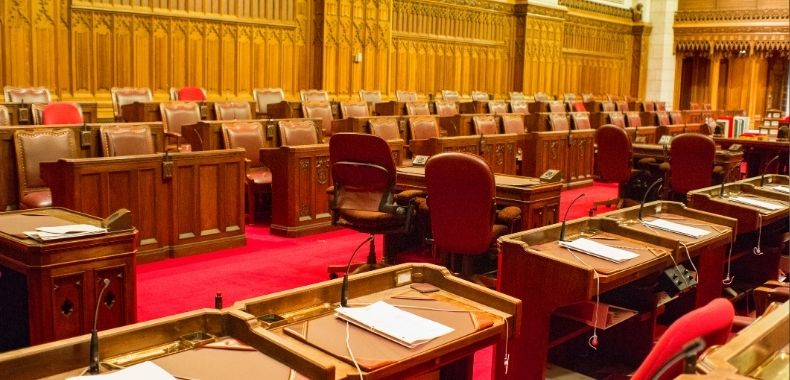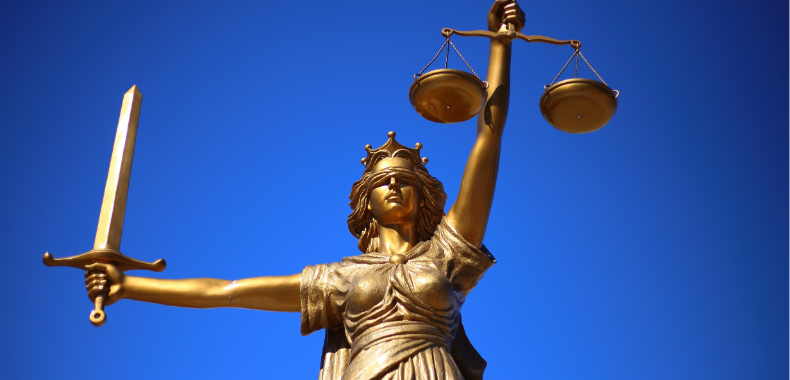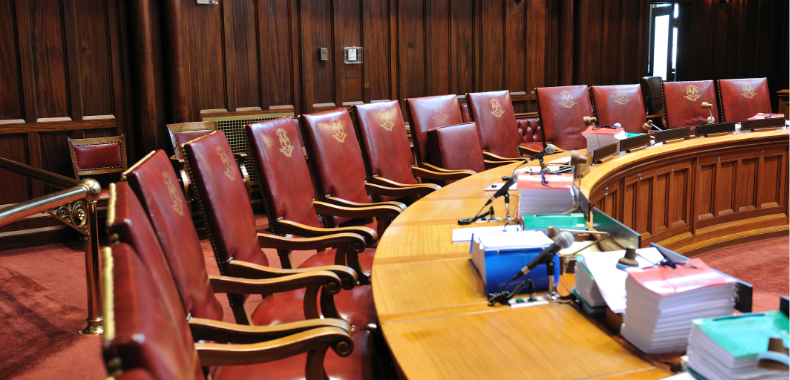The recent legal dispute between digital influencers Sydney Nicole Gifford and Alyssa Sheil, centered on the appropriation of a digital aesthetic known as “sad beige,” brings to light important issues regarding the protection of aesthetic elements and visual identities in the digital environment. This unprecedented case, which addresses the possibility of legally protecting a widely disseminated trend on social media, challenges the limits of traditional intellectual property and unfair competition laws.
The legal dispute began when Sydney alleged that Alyssa improperly copied her visual identity, claiming that she violated copyright, engaged in misappropriation, and interfered with commercial relationships. This raises the question: how should such a situation be analyzed under Brazilian law?
The sad beige aesthetic, characterized by neutral, earthy tones and minimalist elements, has transcended specific niches and become a global trend, driven by the dynamics of viralization and repetition, typical of digital platforms. In this scenario, both influencers use this aesthetic as a pillar of their brand identities and as an essential tool to promote products through commercial partnerships, especially with Amazon.
In Brazil, as in many jurisdictions around the world, there is no specific legal provision to protect widely shared aesthetics or visual styles. The Industrial Property Law (LPI), the main legal framework regulating trademarks, patents, and industrial designs, requires the object to be protected to exhibit distinctiveness and originality, making it difficult to fit the sad beige aesthetic into this context.
As a collective and generic trend, this aesthetic lacks the level of individuality necessary to be registered as a trademark or protected as trade dress, except in cases where it forms part of an unmistakable image set associated with a product or service.
In the realm of copyright, governed by Law No. 9,610/98, similar challenges arise. The legislation protects works endowed with originality but does not cover ideas, styles, or abstract concepts. Thus, even if Sydney claims to be a pioneer in using the sad beige aesthetic, this would not suffice to ensure copyright protection, especially given that the style is widely replicated and reinterpreted by various creators.
An alternative approach would be to frame the case within the context of unfair competition, as provided for in Article 195 of the LPI. However, to establish unfair competition, it is necessary to prove that Alyssa used similar elements in a way that generates consumer confusion or that she unduly benefited from Sydney’s reputation.

In situations like this, where the aesthetic style is generic and widely disseminated, it becomes extremely difficult to prove direct economic harm or diversion of clientele. Furthermore, the widespread circulation of the sad beige trend on social media diminishes any claims of exclusivity by a single creator.
Another relevant aspect is the impact of social media algorithms on how aesthetics like sad beige are disseminated. The concept of templatization, which describes how influencers replicate successful formats and styles to maximize engagement, illustrates how the dynamics of digital platforms encourage repetition. This practice not only dilutes the idea of exclusivity but also complicates the identification of authorship or ownership over a visual style.
Influencers frequently adapt and reinterpret popular aesthetic elements, reinforcing the notion that trends like sad beige belong to a collective imagination. This logic, driven by the attention economy and algorithmic demands, makes it difficult to establish clear boundaries between legitimate inspiration and improper imitation. The digital environment, therefore, challenges traditional intellectual property concepts, which were developed in a context that predates the fluidity of social media dynamics.
The conflict between Sydney and Alyssa highlights a growing dilemma in the field of intellectual property in the digital economy: how to protect creations or styles that are simultaneously innovative and widely shared? In Brazil, the case serves as a warning about the limitations of traditional intellectual property and unfair competition laws in addressing the dynamics of digital platforms, which favor the viralization of trends.
Although legal tools such as trademark protection, copyright, and unfair competition rules exist, they prove insufficient to address the specificities of the digital universe.
Cases like this underscore the need for reviewing and updating existing norms and fostering dialogue among jurists, content creators, and digital platforms. The goal should be to find solutions that balance the protection of creators’ rights with the inherent dynamism of the contemporary creative economy, allowing originality and collective inspiration to coexist in the digital environment.
—
Author: Carlos Roberto Parra e Cesar Peduti Filho, Peduti Advogados.
Source: https://g1.globo.com/pop-arte/noticia/2025/01/05/influenciadoras-digitais-travam-batalha-judicial-para-decidir-quem-e-a-dona-de-estetica-bege-basica-na-internet.ghtml
—
If you want to learn more about this topic, contact the author or the managing partner, Dr. Cesar Peduti Filho.
Se quiser saber mais sobre este tema, contate o autor ou o Dr. Cesar Peduti Filho.






